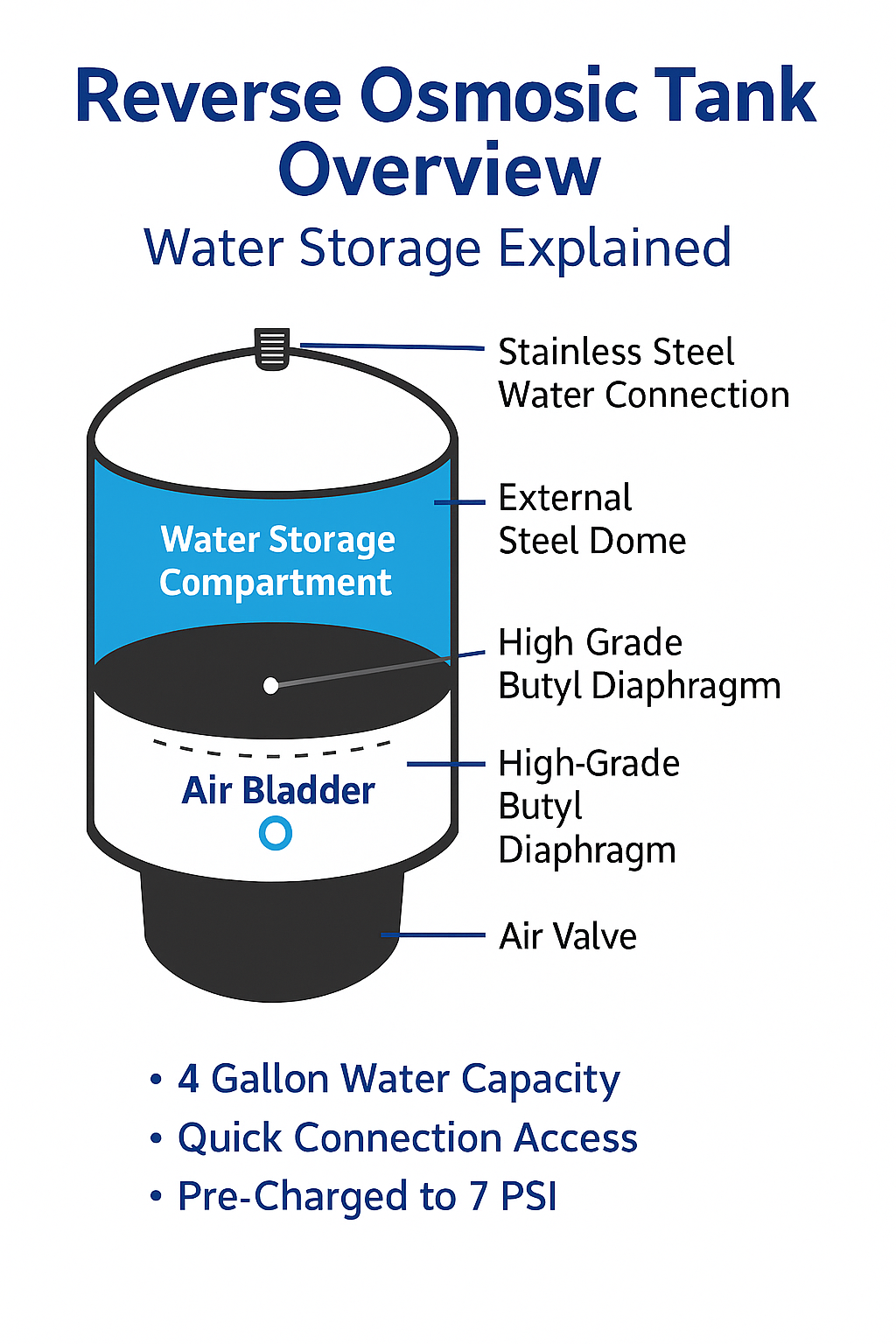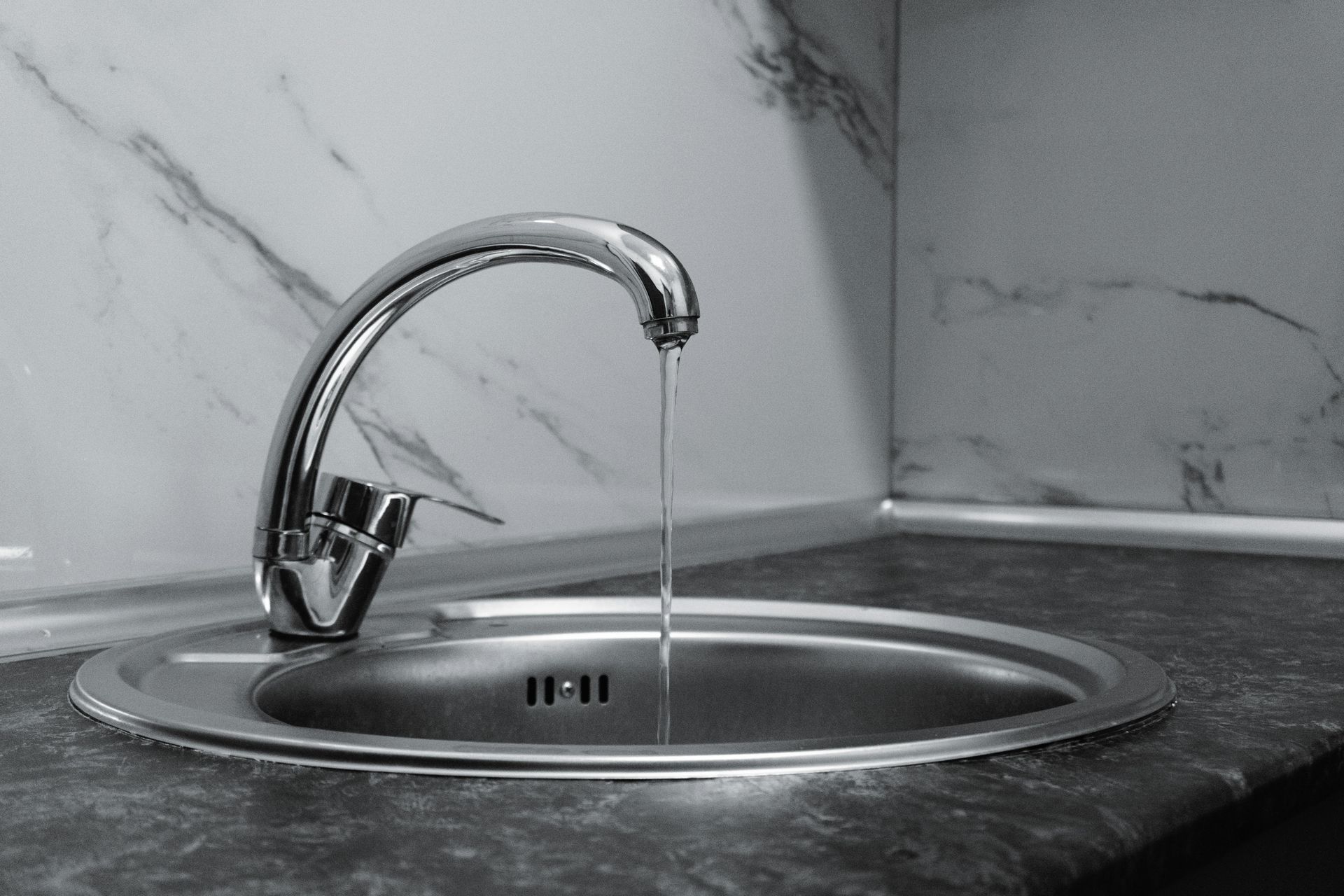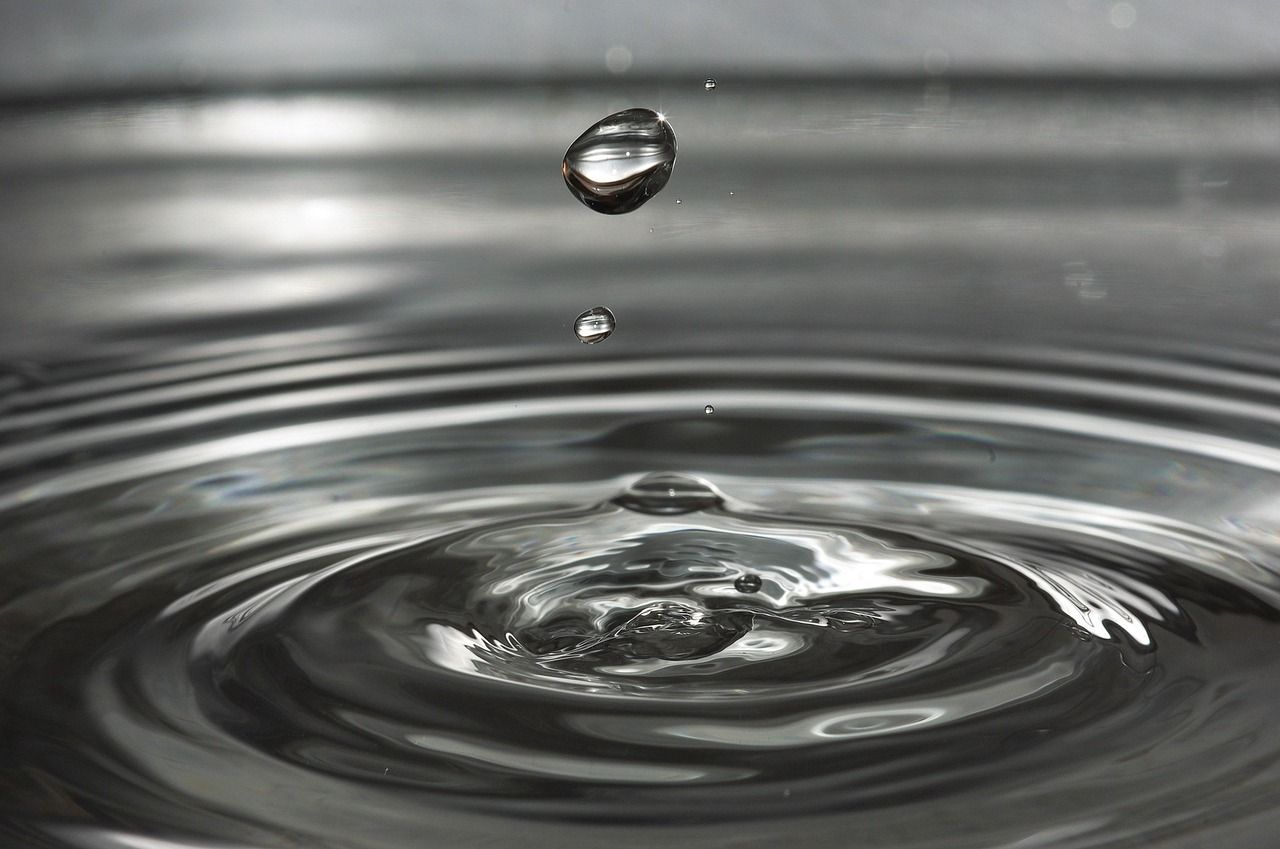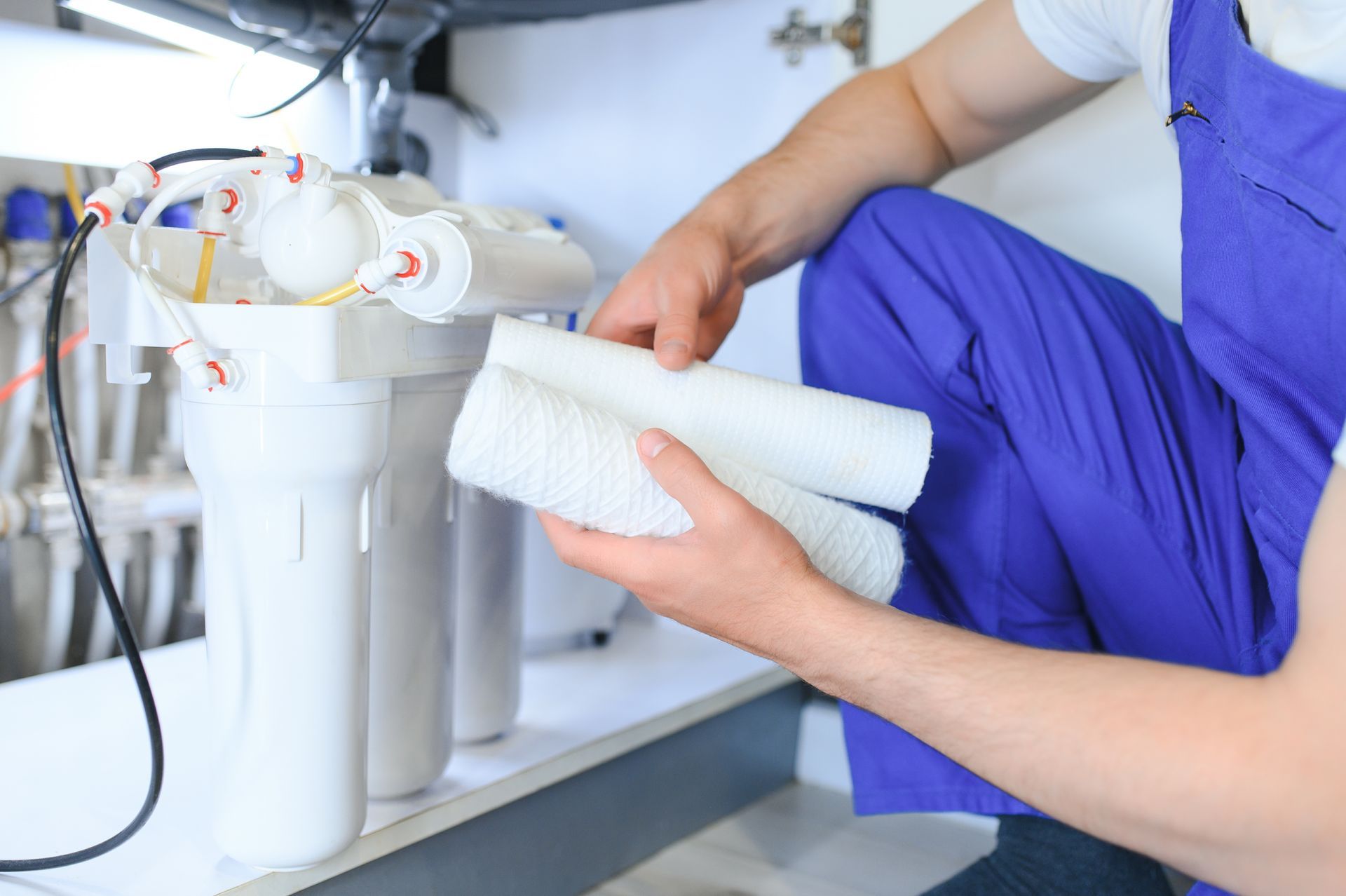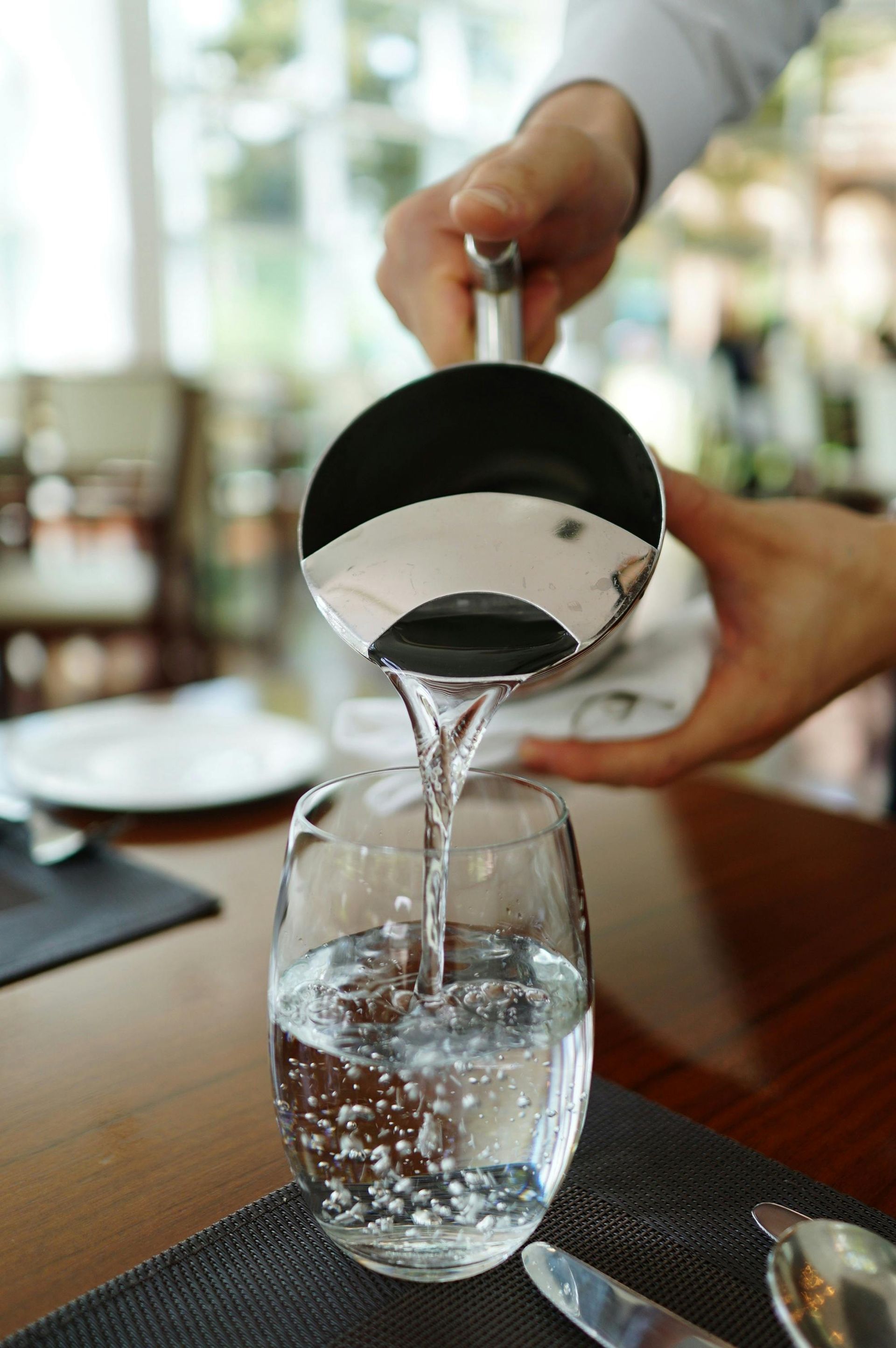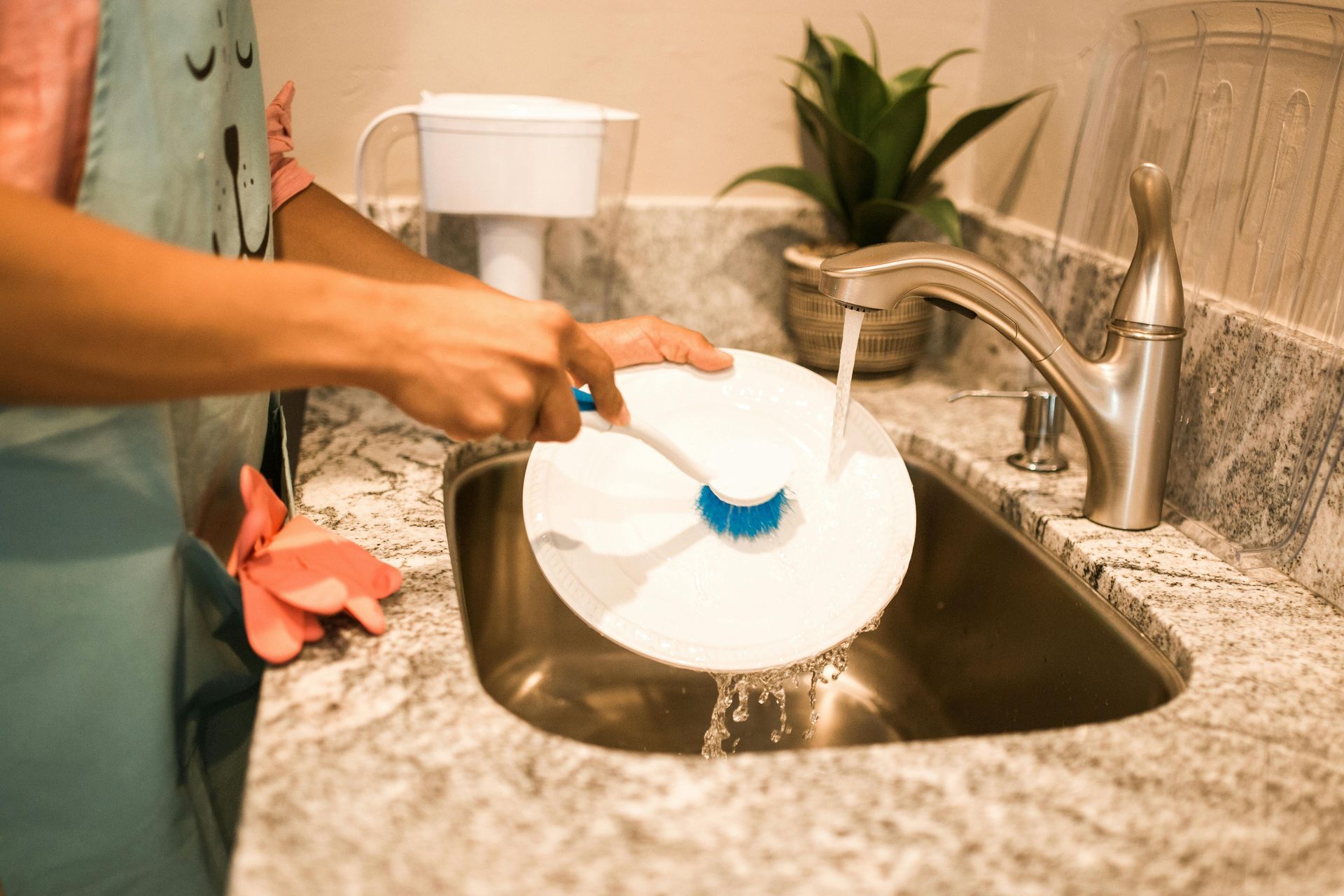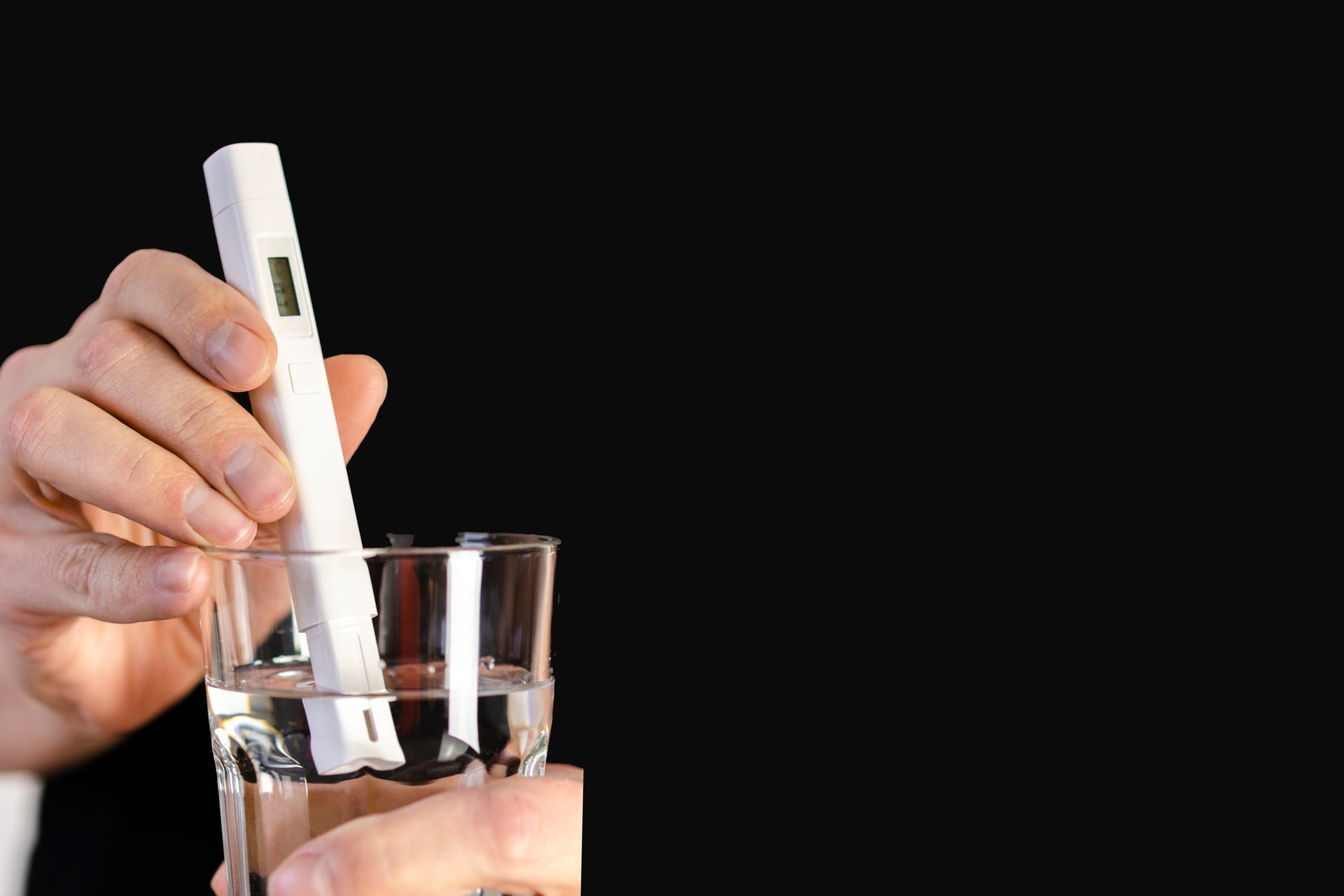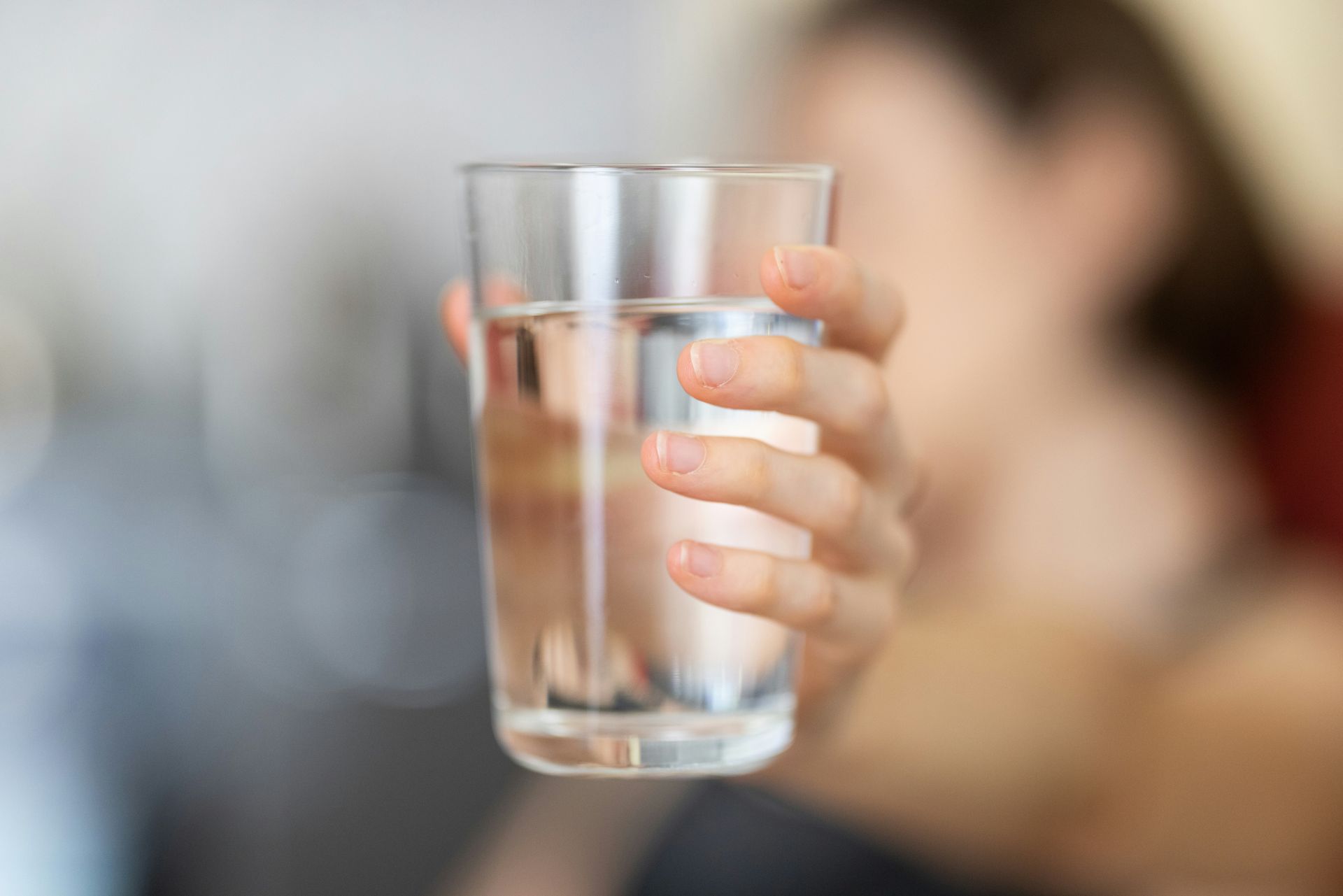Primary Solutions Consulting
How to Effectively Reduce Household Water Waste: The Basics of Efficient Water Systems
If you’re looking for ways to reduce your water usage, it’s not nearly as complicated as it may seem. The good news is that you don’t have to invest in expensive and complicated new plumbing systems - there are actually quite a lot of simple, practical ways to reduce the amount of water your household uses. A reliable water treatment company can also help evaluate your current usage and recommend tailored solutions.
Whether it’s installing water-efficient fixtures, making sure all your appliances, plumbing, and fixtures are in good working order, or even just being more mindful of daily water use, in this article we’ll take a look at some of the basics of effectively reducing water waste in the home.
Why an Efficient Water System at Home is Important
An efficient water system at home is essential to ensure the availability of clean water and a reliable supply of water for use. An efficient system ensures that water can be obtained quickly and easily, thus avoiding wastage and loss due to inadequate water pressure. Moreover, it helps in conserving water, limiting water consumption levels, and saving on utility costs. For Houston-area residents, partnering with a commercial water treatment Houston provider can further enhance long-term water system performance.
Adequate water pressure is also important to support the functioning of various appliances in the home. This includes water-dependent appliances like dishwashers and washing machines. These appliances will perform at a much lower level if the water pressure is inadequate, consuming more time and resources when completing tasks.
Moreover, investing in good quality materials for an efficient water system is beneficial in the long term as it will reduce the chances of any supply issues occurring. Low maintenance costs are also another benefit, as an efficient system requires fewer repairs or replacements. This saves significant amounts of money and hassle in the long run.
The Fundamentals of Conserving Water Usage
Water conservation is essential for our environment and is also a great way to reduce your household expenses. Homeowners can easily adopt strategies to help conserve water. In this section, we’ll explore the basics of effectively reducing water waste in the home. These simple tips, along with help from a reputable
water solution company, can make a noticeable difference in usage and utility costs.
1. Add Water-Efficient Fixtures and Appliances
One of the simplest and most cost-effective ways to reduce your household water waste is to install water-efficient fixtures, faucets, and toilets in your home. Low-flow faucets and showerheads, for example, have been designed to reduce your water consumption while still providing the same level of performance as traditional fixtures.
These water-efficient fixtures are designed to use up to 70 percent less water than conventional fixtures, and modern toilets are also designed to use less water. By replacing your old, inefficient fixtures with more efficient models, this simple switch could lead to a significant reduction in water waste in your home. If you’re unsure where to start, consult a
drinking water treatment solutions expert to ensure your upgrades improve both efficiency and water quality.
2. Perform Regular Maintenance and Inspections
Regular maintenance and inspections of your plumbing, fixtures, and appliances can go a long way in keeping your household water waste to a minimum. Investing in professional plumbing services can ensure that all your plumbing systems are in good working order and free of leaks or other potential problems.
You should also inspect your fixtures and appliances regularly for any cracks, clogs, or general wear and tear. You also want to make sure that all hoses and pipes are insulated and not exposed to cold temperatures, as this can lead to water freezing and wasting valuable resources.
3. Be Mindful of Daily Water Use
Another way to reduce your water waste is to be more mindful of your daily water usage. This means taking shorter showers, only running full loads of dishes and laundry, checking for leaks, and regularly inspecting your hoses and pipes.
You should also make sure to water your plants and lawn early in the morning or late at night when the weather is cooler and less water will be lost to evaporation. Additionally, if you own a pool, install systems to minimize water usage and recirculate your pool water instead of continuously filling up the pool.
4. Install a Water Filtration System
Water filtration systems can play an important role in reducing the amount of household wastewater produced. By removing impurities such as dirt, sediment, and organic material that would otherwise go down the drain,
water filtration systems help reduce the organic and inorganic load into the public wastewater system. By filtering out suspended solids, water filtration systems can significantly reduce the risk of clogging and subsequent damage to pipes, which can lead to expensive repair bills.
Water filtration systems can help reduce the amount of energy used to heat water for household uses. By removing sediments, dirt, and other contaminants from your water,
home water filtration systems can help reduce the amount of energy needed to heat the water, which in turn can lower your home energy costs.
Minimize Household Water Waste
Overall, reducing water waste in the home requires both the right fixtures and appliances, as well as a certain level of maintenance and mindfulness of your daily water usage. Installing water-efficient fixtures and toilets, checking for leaks regularly, and installing a
whole home water filtration system can all help to reduce water waste in your home.
By following these simple tips and investing in the right fixtures and appliances for your home, you can make a real difference in the amount of water wasted - and ultimately help to conserve our limited water resources.
Help Preserve Water with A Quality Water Filtration System
Are you looking to install a new filtration system for your home in Cypress, TX?
Primary Solutions Consulting has the perfect solution for you. As a trusted
water treatment Houston provider, our experienced experts can help you design, install, and maintain a filtration system that reduces pollutants and improves the quality of water in your home.
Our team will guide you through the entire process, from the consultation and design phase to the installation and ongoing
water filter maintenance. Our goal is to ensure that your filtration system is effective and efficient so that you and your family can enjoy cleaner water. We can work with you to select and install the most suitable filtration system for your needs.
Ready to take the next step? Contact the team at Primary Solutions Consulting today to discuss your
drinking water filtration system needs in Cypress, TX.


